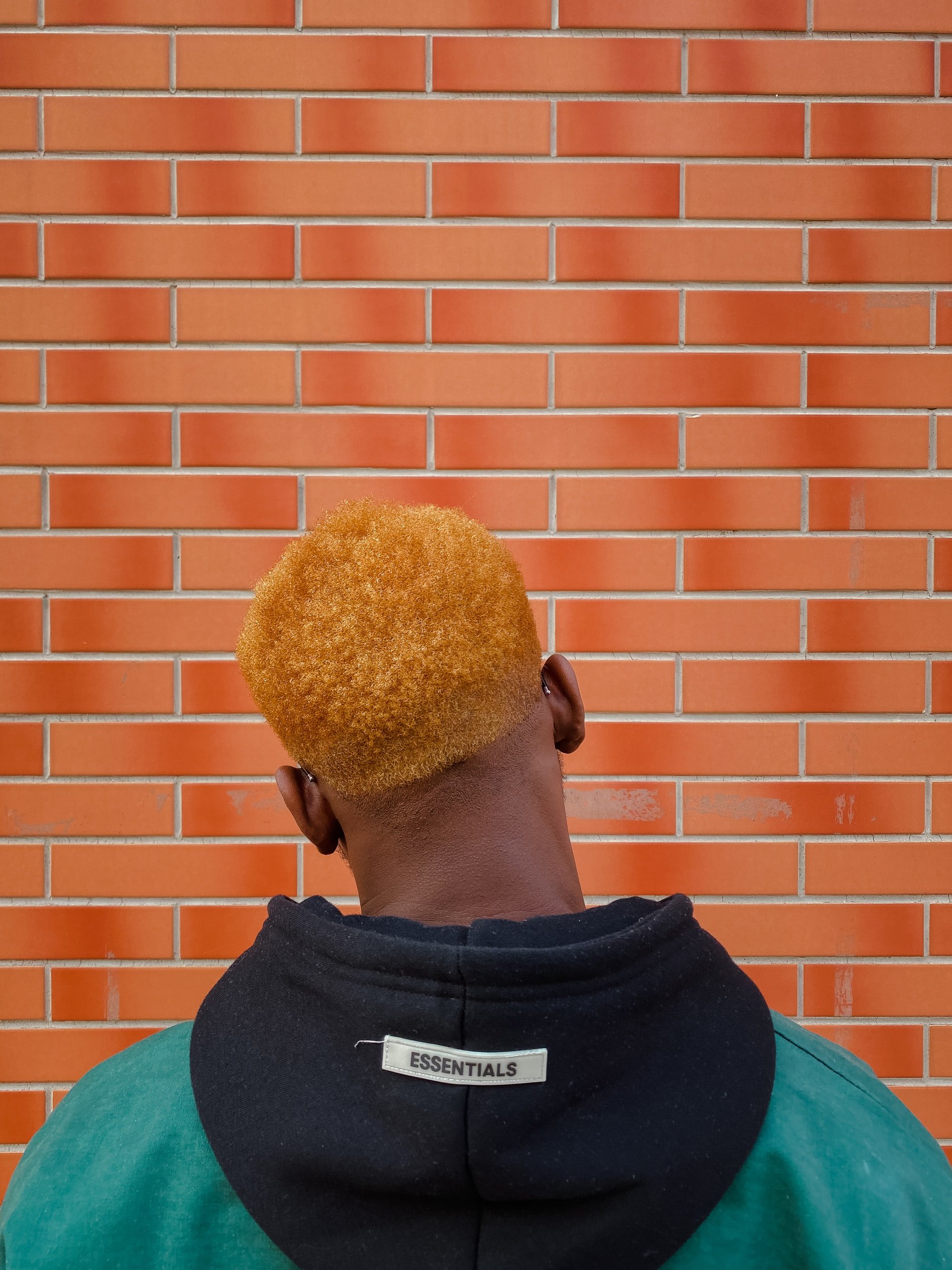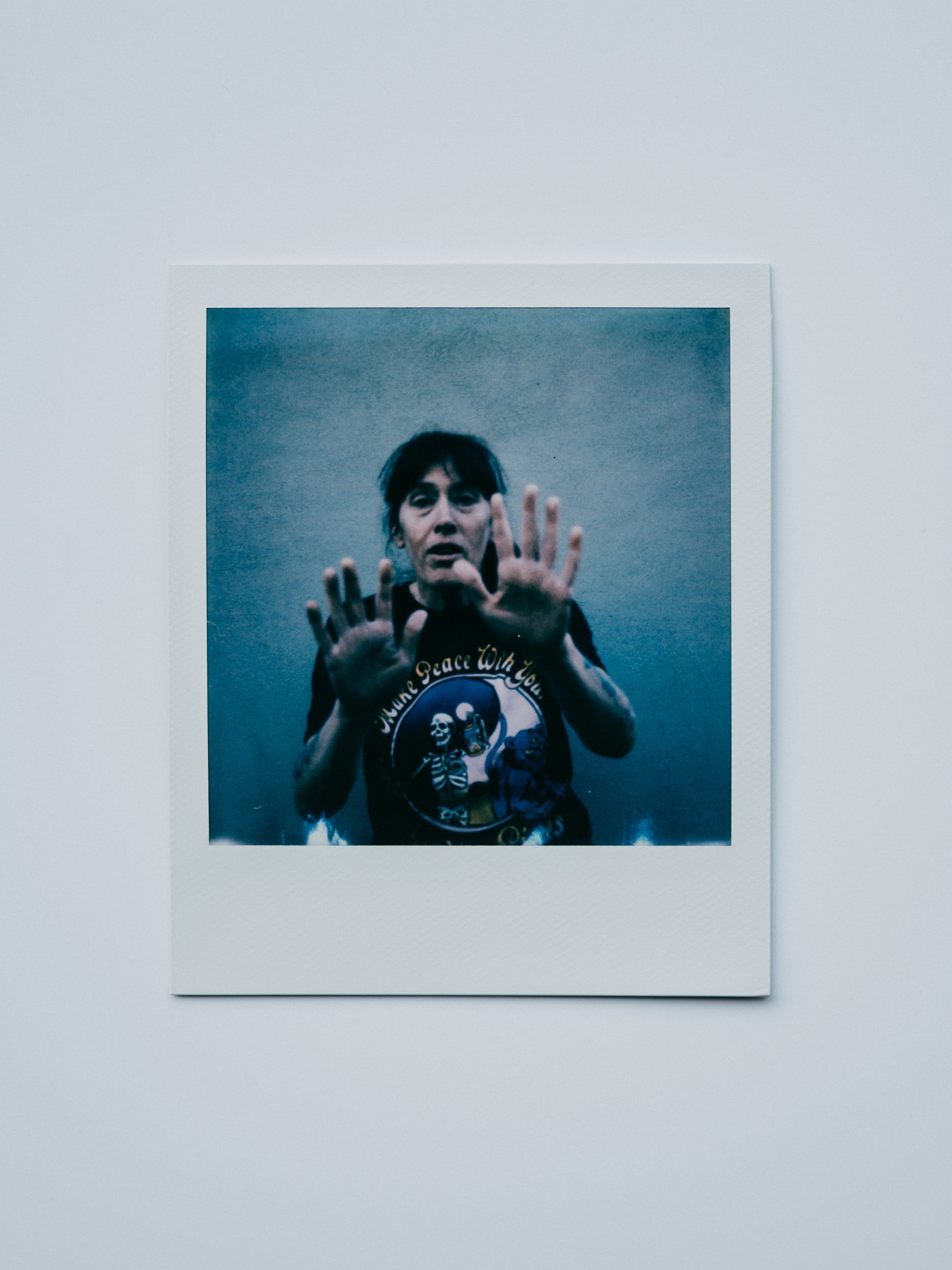Self-Loathing Definition And The Way Forward
The Psychology Of Self-Loathing
Self-loathing is a destructive force. It robs us of our confidence, joy, and ability to connect with others. It can leave us feeling hopeless and alone.
However, there is a way out of self-loathing.
It starts with recognising that we are not alone in our struggle. This becomes the basis of self-compassion. With time and effort, we can see ourselves in a more positive light and break free from the prison of self-loathing.
Self-Loathing Meaning
Self-loathing is extreme criticism of the self (1). It may manifest in many ways.
Signs range from physical symptoms (e.g., aches and pains) to behaviour change (e.g., social withdrawal). Behaviour changes cal lead to increased self-loathing. For example, some try to 'cleanse' themselves by suppressing the qualities they hate.
Responding in this way can be exhausting and counterproductive. If you are struggling with self-loathing, it is essential to seek help. It is possible to learn to love and accept yourself, flaws and all.
Related Concepts
Self-loathing is a complex and often painful emotion that can be difficult to understand.
At its core, self-loathing is deep contempt or disgust for oneself. This can manifest as negative self-talk, a tendency to dwell on past failures, or an overwhelming sense of worthlessness. However, self-loathing isn't as simple as underappreciating yourself. We can break it up into three related concepts.
Self-Hate
Self-hatred is a destructive emotion that causes immense suffering. It is marked by negative self-image and feelings of inadequacy, shame, and worthlessness. Individuals who hate themselves often engage in self-critical thoughts and behaviours.
Self-Disgust
It is understandable to feel disgusted with yourself on occasion. For example, if you made a mistake at work or said something hurtful to a friend. However, for some people, self-disgust is a chronic and out-of-proportion feeling.
Self-disgust can be divided into two categories (2):
Personal
Personal self-disgust is a challenging emotion to manage. When we're disgusted with ourselves, we're criticising our actions or thoughts and rejecting ourselves as a whole.
We see ourselves as unworthy and unlovable. We believe everyone else sees us the same way. This can lead to a downward spiral of negative self-talk, isolation, and depression.
Behavioural
Behavioural self-disgust is disgust displayed through our actions. We can also feel shame, embarrassment, and humiliation over our behaviours.
Self-Criticism
Feeling good about yourself is hard when you're constantly putting yourself down. But for many people, self-criticism is a core part of their identity. Unfortunately, self-criticism is usually the result of years of negative messages from others or your internal voice.
Why Breaking Out Of Self-Loathing Is Important
If you're someone who struggles with self-loathing, you're not alone. Unfortunately, this common issue can lead to serious mental health problems, such as depression, body-image issues, and even psychosis.
It's also associated with "non-clinical" psychological issues like loneliness (3).
Self-loathing may also contribute to body image and eating problems.
But it's not just bad for your mental health; self-loathing can also lead to serious physical health problems. Studies have shown that people who hate themselves are more likely to smoke, drink excessively, and engage in risky behaviours (4).
How Does Self-Loathing Develop?
Often, self-loathing is the result of past hurt and rejection.
We may have experienced betrayal or abandonment and come to believe it was our fault. As a result, we assume we are bad people who deserve mistreatment. This assumption can lead to expectations of bad things happening.
Over time, these beliefs can develop into a deep-seated sense of worthlessness and despair. If left unchecked, self-loathing can destroy our relationships with ourselves and others. As a result, we may engage in excessive self-criticism and other destructive behaviours to cope with a negative self-perspective.
However, with awareness and effort, we can learn to let go of these negative beliefs and start to treat ourselves with compassion and respect.
What Can I Do About Self-Loathing?
It's normal to dislike some aspects of yourself. But, such negatively goes too far when you entirely loathe yourself.
There are things you can do to start decreasing self-loathing:
First, it's essential to get specific about what you hate. What are the particular thoughts, behaviours, emotions, or physical aspects you can't stand? You can begin addressing these elements once they are clearly identified.
Think about how you would coach a self-loathing child. What would you say to them? How would you support them? This thought experiment can help you figure out a compassionate and effective way ahead.
Keep in mind that self-loathing thoughts are often full of thinking distortions. This means they are not based in reality. Learn about techniques for responding to these distortions on my Skills Videos page.
You may want to consider reaching out to a professional for help. Self-loathing can be highly debilitating and affect your daily life if left unchecked.
Breaking Free From Self-Loathing
Learning to love and accept yourself is a journey that requires time, patience, and self-compassion. However, it is possible to move beyond self-loathing with support and guidance.
Recovery is possible, and you are worth the effort. You can start striving toward self-love today by reaching out for help, practising self-care, and being gentle with yourself. Remember, change takes time, but it is possible.
Further Reading:
In addition to the above recommendations, there are many additional approaches to conquering self-loathing. Clients have found the following resources useful-
‘Learn to Love Yourself Again’ by Nic Saluppo.
Neff and Germer’s ‘Mindful Self-Compassions Workbook’.
We are Coaching & Clinical Psychologists with extensive experience helping people conquer a range of wellbeing and performance issues at home and in the workplace. We can also help with self-loathing. Read more about our work, watch practical skills videos or browse other articles. Get in touch anytime.
References
(1) Clarke, A., Simpson, J., & Varese, F. (2019). A systematic review of the clinical utility of the concept of self-disgust. Clinical psychology & psychotherapy, 26(1), 110–134. https://doi.org/10.1002/cpp.2335
(2) Ille, R., Schöggl, H., Kapfhammer, H. P., Arendasy, M., Sommer, M., & Schienle, A. (2014). Self-disgust in mental disorders -- symptom-related or disorder-specific?. Comprehensive psychiatry, 55(4), 938–943. https://doi.org/10.1016/j.comppsych.2013.12.020
(3) https://www.frontiersin.org/articles/10.3389/fpsyg.2020.559883/full
(4) Pompili M, Serafini G, Innamorati M, Dominici G, Ferracuti S, Kotzalidis GD, Serra G, Girardi P, Janiri L, Tatarelli R, Sher L, Lester D. Suicidal behavior and alcohol abuse. Int J Environ Res Public Health. 2010 Apr;7(4):1392-431. doi: 10.3390/ijerph7041392. Epub 2010 Mar 29. PMID: 20617037; PMCID: PMC2872355.



